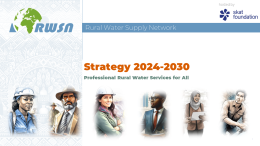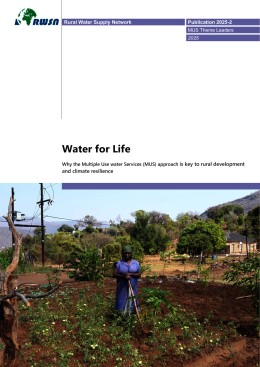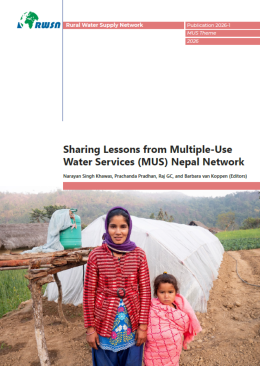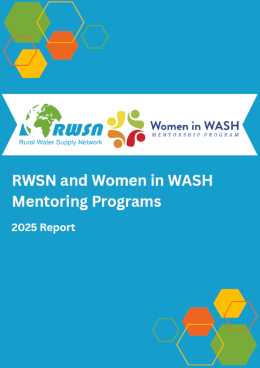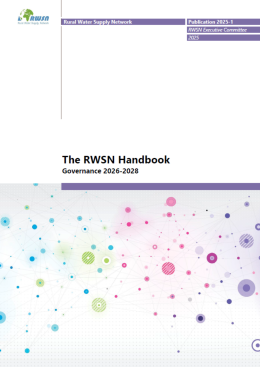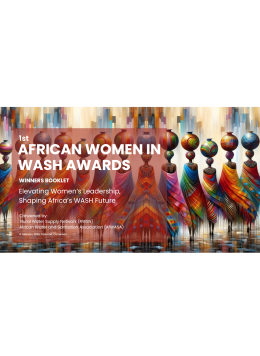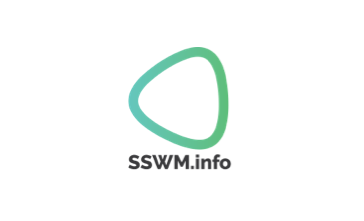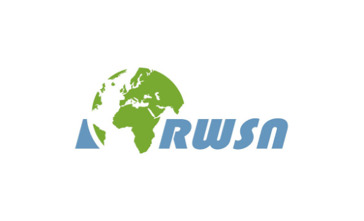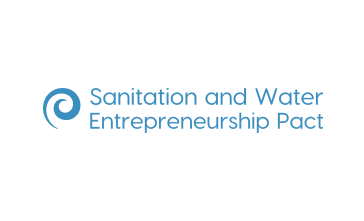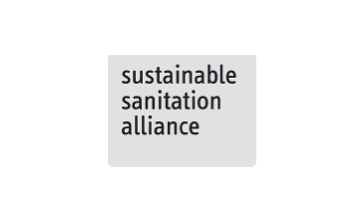Events
21.04.2026 - 24.04.2026
ARE Energy Access Investment Forum 2026
RWSN is partnering with the Alliance for Rural Electrification to make the water-energy nexus real • Nairobi, Kenya
26.08.2025 • 22:00
Stronger Together! Women Evening Mingle and Networking
Save the Date: 26 August 2025, 18:00, at the World Water Week in Stockholm • Hotel C Stockholm and online
29.04.2025 - 24.06.2025
RWSN Early Webinar Series 2025
Join us for six webinars running between April and June • Online
Sanitation Circle Newsbox
Text about the news box cycle network and a clear message to join and participate. You want to add your news? Get involved »
Our Focus Themes
Self-supply
Supporting incremental improvements to water supplies that are mainly financed by the users themselvesSustainable Groundwater Development
Finding, using and protecting groundwater resourcesLeave No One Behind
Access to safe, affordable drinking water is a universal Human RightSustainable Services
Supporting incremental improvements to water supplies that are mainly financed by the users themselvesData for Action
Supporting incremental improvements to water supplies that are mainly financed by the users themselvesMultiple Use water Services (MUS)
Supporting incremental improvements to water supplies that are mainly financed by the users themselvesWater Quality and Safety
Supporting incremental improvements to water supplies that are mainly financed by the users themselvesRegions & Countries
Sub-Saharan Africa
Commonwealth of Independent States
Southern Asia
South-Eastern Asia
Latin America
RWSN - Blog
-
25 February 2026
New paper: O&M and the Finance Gap for Drinking Water Services
-
26 January 2026
Sustaining Access to Safe and Healthy Drinking Water in Fiji: A Universal Challenge for Island and Rural Coastal Communities
-
22 January 2026
Highlights from the RWSN Mentorship Programme 2024: Faith Lilian Kuloba
-
20 January 2026
Mentorship That Flows: My Journey in the RWSN and Women in WASH Mentorship Programs
 Google Übersetzer
Google Übersetzer


